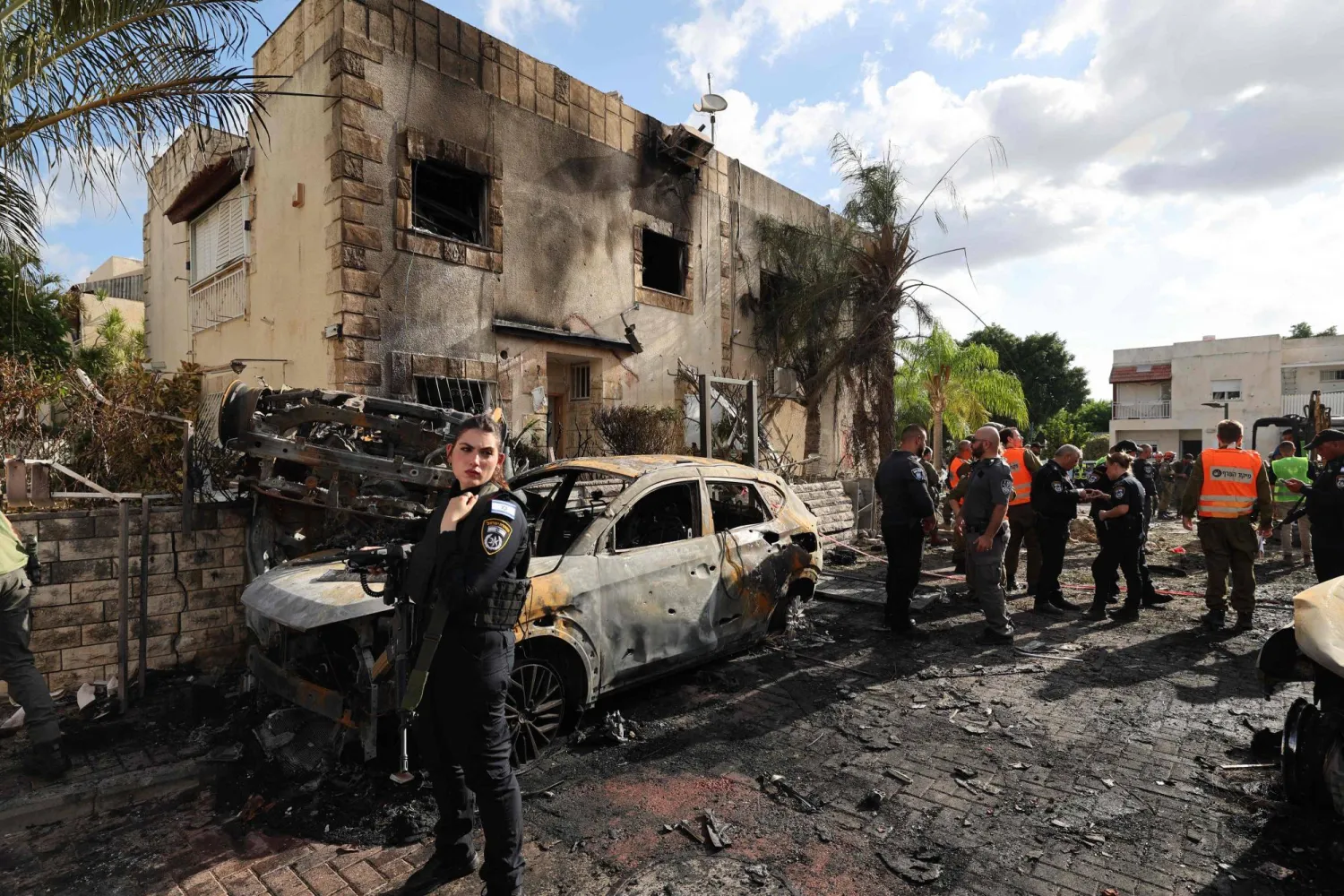Hospitals in northern Israel have been instructed to transfer their operations to facilities with extra protection from rocket and missile fire, the health ministry said on Sunday.
Rambam hospital in the city of Haifa will transfer patients to its underground, secure facility, the ministry said.
Lebanon's Hezbollah launched over 100 rockets early Sunday across a wider and deeper area of northern Israel, with some landing near the city of Haifa, as the sides appeared to be spiraling toward all-out war following months of escalating tensions.
The rocket barrage overnight set off air raid sirens across northern Israel, sending thousands of people scrambling into shelters. The Israeli military said rockets had been fired “toward civilian areas," pointing to a possible escalation after previous barrages had mainly been aimed at military targets, The Associated Press said.
The barrage came after an Israeli airstrike in Beirut on Friday killed at least 37 people, including one of Hezbollah's top leaders as well as women and children. Hezbollah was already reeling from a sophisticated attack that caused thousands of personal devices to explode just days earlier.
Israel and Hezbollah have traded fire since the outbreak of the war in Gaza nearly a year ago, when the militant group began firing rockets in solidarity with the Palestinians and its fellow Iran-backed ally Hamas. The low-level fighting has killed dozens of people in Israel, hundreds in Lebanon, and displaced tens of thousands on both sides of the frontier.









